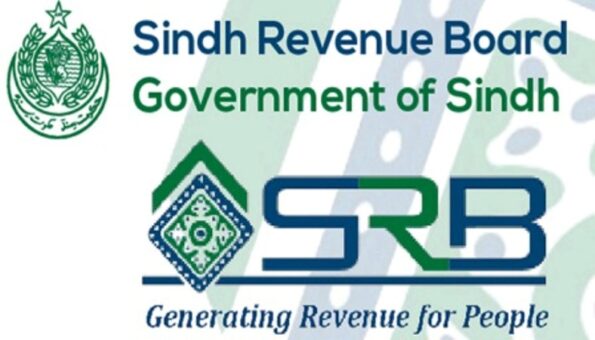ISLAMABAD: Model Customs Collectorate (MCC) Peshawar has announced public auction of confiscated mobile phones to be held on September 27, 2019 at State Warehouse.
Following mobile phones will be offered for the auction:
01. 55 pieces of SAMSUNG GALAXY CORE 2 DUOS (22 pieces) and SAMSUNG GALAXY J1 (33 pieces)
02. 53 pieces SAMSUNG GALAXY J1 (23pieces) and SAMSUNG GALAXY CORE 2 DUOS (30 pieces).
03. 1987 pieces of Q 3310 Mini Mobile Phones.
04. 8 pieces of Q Mobile D4 Phone.
05. 45 pieces of SAMSUNG MOBILE PHONE (J56SM-J510-F/DS).
06. 800 pieces of Voice Mobile Phone V-105 (580 pieces), V-840 (60 pieces) and V-2426 (160 pieces).
07. Total 04 pieces of NOKIA (107) Mobile Phone (02 pieces), G Five (Model 1226)=01-No & Q Mobile (H50) =01-No.
08. Total 174 pieces of Q MOBILE (L9)
09. 14 pieces of Q MOBILE Phone (L7).
10. 06 pieces of Q MOBILE Phone XL3000 =01-No & Q Mbile E2000 PARTY=05-Nos.
11. Total 481 pieces of Nokia 1134 Mobile Phones =119-Nos, 1110 116-Nos, 1035 80-Nos, 944 45-Nos, 1136 62-Nos & 1133 59-Nos.
12. 05 pieces of Samsung Galaxy Alpha Mobile Phones =04-Nos and IPhone GSM=01-No.
13. 05 pieces of Q Mobile K-180.
14. 22 pieces of Samsung G570F =18-Nos, Samsung G610F 01-No, Samsung G313 01-No Motorolla XT1030 01-No & HTC X200 01-No.
15. 02 pieces of Samsung Galaxy Alpha SM-G580 F Mobile Phones.
16. Total 117 pieces of Samsung Galaxy Core 2 Duos SM-G355H =112-Nos, Samsung Galaxy Note 4 01-No, Samsung Iphone =01 No, Samsung Galaxy Tab 5 02-Nos & Tab 4 01-No.
17. 99 pieces of Q Mobile Commando 1.
18. 64 pieces of Samsung Galaxy J5 23-Nos Galaxy J2 25-Nos & Samsung A3 (6) 16-Nos.
19. 26 pieces of Nokia N1 616 Mobile Phone =01-No, Nokia N106 21-Nos, Nokia N1280 01-No & Nokia N1202 03-Nos.





